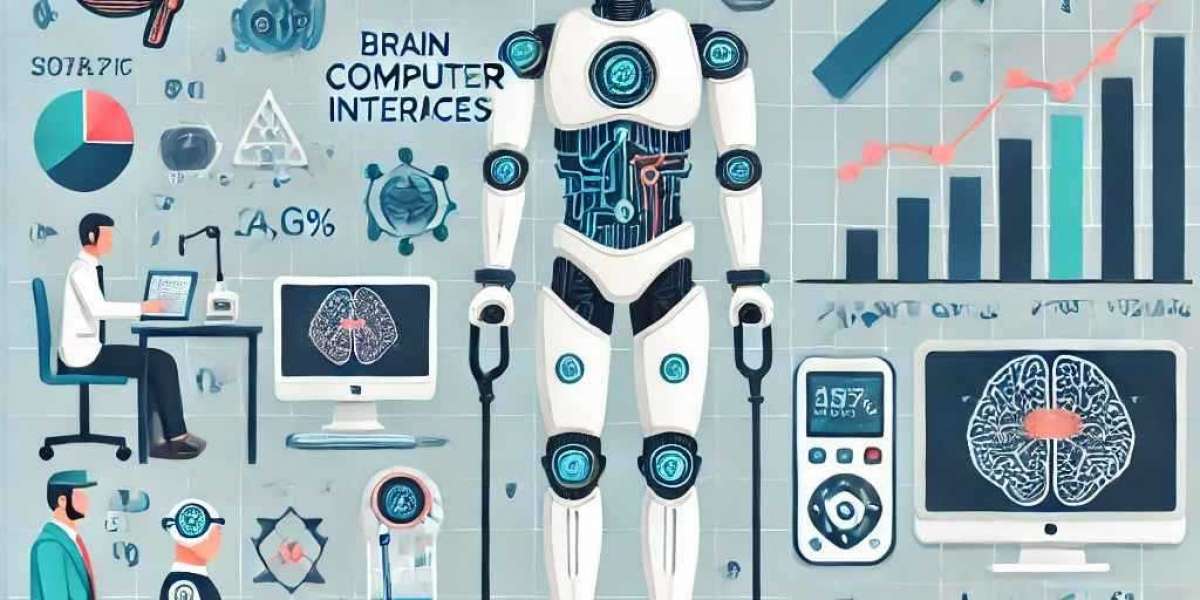Breakthroughs in Human Genetics Propel Personalized Medicine Revolution
The field of human genetics is witnessing unprecedented growth, with recent innovations significantly reshaping modern healthcare. Scientists and biotechnology firms across the globe are leveraging advanced genetic research to decode the complexities of the human genome, paving the way for tailored therapies, early disease detection, and preventive healthcare solutions.
One of the most notable developments is the expansion of genome sequencing services, which are becoming more affordable and accessible. With the cost of full genome sequencing dropping below $200 in some markets, researchers are gaining insights into genetic variations that influence conditions like cancer, cardiovascular diseases, and neurological disorders. This growing database of genomic data is empowering pharmaceutical companies to develop personalized drugs that align with individual genetic profiles, increasing treatment effectiveness while minimizing side effects.
Gene editing technologies such as CRISPR-Cas9 are also making headlines in the human genetics space. While still subject to ethical debate and regulatory oversight, CRISPR has shown potential in correcting inherited genetic disorders such as sickle cell anemia and Duchenne muscular dystrophy. Several clinical trials are underway, with initial results indicating promising therapeutic outcomes.
In addition, pharmacogenomics, a discipline that studies how genes affect a person’s response to drugs, is becoming an integral part of clinical practices. Healthcare providers are now using pharmacogenomic testing to determine the most effective medication and dosage for patients, based on their genetic makeup. This approach is helping reduce the trial-and-error aspect of prescriptions, improving patient outcomes and reducing costs.
The integration of artificial intelligence (AI) and machine learning in genetic analysis is accelerating discoveries and enhancing diagnostic accuracy. AI algorithms can now process vast genomic datasets to identify patterns and predict disease risks with remarkable precision. These tools are especially valuable in oncology, where early detection of mutations linked to aggressive cancers can be lifesaving.
Moreover, direct-to-consumer genetic testing kits continue to gain popularity, allowing individuals to uncover their ancestry, understand hereditary risks, and make informed lifestyle choices. Companies like 23andMe and AncestryDNA report growing consumer interest, particularly in Asia-Pacific and North America.
However, the rapid growth of the human genetics sector also raises concerns about data privacy, genetic discrimination, and equitable access. Industry experts urge policymakers to establish strong legal frameworks to protect genetic information and ensure fair distribution of benefits arising from genetic advancements.
With continued investments in research, supportive regulatory environments, and rising public awareness, the human genetics industry is poised to redefine the future of medicine. As personalized healthcare becomes the norm, stakeholders across biotech, pharma, and healthcare services are increasingly aligning their strategies to harness the full potential of genetic science.








